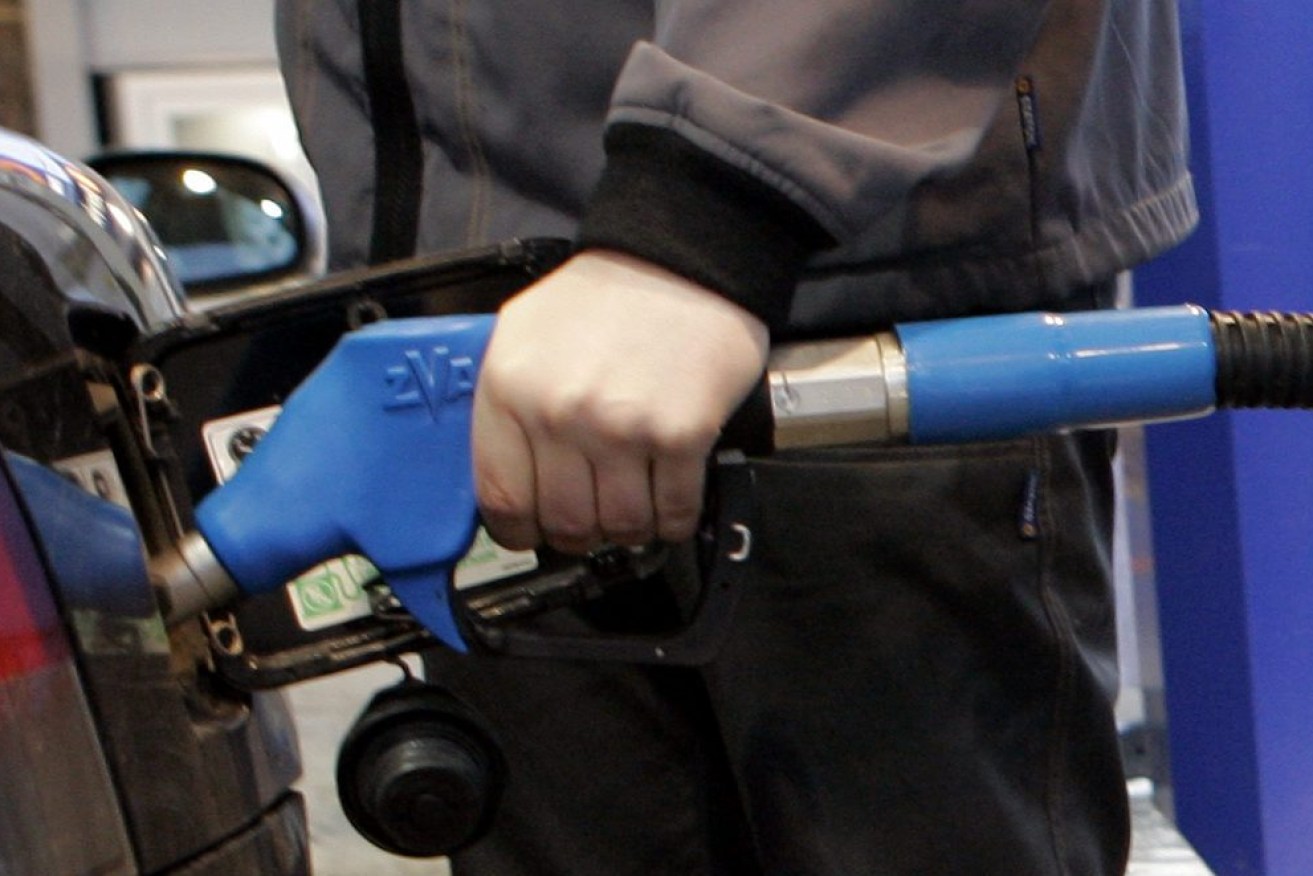Some biofuel for thought – why we’re so half-hearted about revving up ethanol
The Queensland Government’s policy for boosting the biofuels industry isn’t performing to expectations. And guess whose fault it is? Ours apparently, writes Robert MacDonald


The fuel excise was blamed for the spike in inflation (Photo: AP Photo/Maja Suslin Scanpix)
Here’s one way to spot bad government policy – we, the public, get blamed if it doesn’t work the way it was supposed to.
Three-and-a-half years ago, the Palaszczuk Government introduced laws requiring fuel retailers to meet targets for selling ethanol-blended petrol – E10.
The biofuels mandate, as it was called, took effect from 1 January 2017 and set service stations a minimum 3 per cent target for the volume of ethanol they had to sell, rising to 4 per cent in August 2018.
The best the industry has ever managed is around 3 per cent, despite threats of fines for not trying hard enough.
And the reason for this underperformance? It’s us, the motoring public.
“Analysis has found that low consumer demand will remain a challenging factor in meeting the mandate,” the Government says in a discussion paper released a year ago reviewing the E10 strategy.
“Mechanics in particular, may continue to hold out-dated or incorrect perceptions of bio-based petrol compatibility and anecdotally continue to advise consumers not to use E10 in their vehicles, despite manufacturers’ specifications indicating that vehicles are E10 compatible,” it notes.
The Government insists the mandate is a good policy, which will not only lower greenhouse gases and help regional economies but also provide certainty for the biofuels industry and encourages investment in new technology.
Well, that’s what it says to justify the new laws. The fact is the Palaszczuk Government’s biofuels mandate was something of a con from the very first day.
It had far less to do with saving the planet than with saving the then brand-new Labor government’s skin, which, back in early 2015, needed the support of the two members of the Katter Party to form a minority government.
One of the Katter Party’s demands was a biofuels mandate, which is exactly what we got, along with the tacked-on economic and environmental justifications.
The Motor Trade Association of Queensland said at the time, “the proposed mandate is a political imperative as opposed to a genuine policy to grow the biofuels industry in Queensland initiative’.
Even the Queensland Farmers’ Federation, which “supports all ongoing measures to continue to advance Queensland’s biofuels and biomanufacturing sector”, acknowledges the biofuels mandate “is a blunt instrument”.
It also notes that because the ethanol component in E10 carries more water by volume, it can cause corrosion on engine or fuels system parts and a build-up of engine residues. In addition, E10 isn’t suitable for many European cars requiring higher octane petrol.
Which might explain why motorists are less than enthusiastic in their embrace of ethanol.
The answer then? Scrap the policy perhaps because people don’t want it?
Not at all. More spin might be the answer, suggests the Government’s discussion paper.
“There may be value in developing a more focussed education strategy which addresses the use of biofuels in Queensland with available resources,” it says.
In other words, if the policy isn’t delivering, it’s our fault because we’re too dim to realise its worth.
Encouraging a biofuels industry in a strongly agricultural and sugar-rich state such as Queensland makes a lot of sense but doing it by forcing petrol stations to sell ethanol-blended fuel to a sceptical public has proven to be, literally, a hard sell and largely ineffective as an industry development strategy.
The Productivity Commission, in a 2016 review of the regulation of Australian said that “arrangements to support the biofuel industry — including excise arrangements and ethanol mandates — deliver negligible environmental benefits and impose unnecessary costs on farmers and the community.”
It recommended that the Queensland Government “should remove these arrangements by the end of 2018.”
The best the State Government could do was release its discussion paper in May last year titled, “Review of the Queensland Biofuels mandates”, which invited comment on a range of options for fine-tuning the existing rules.
“The Queensland Government remains committed to growing a sustainable biofuels and biomanufacturing industry,” the discussion paper says.
It also claims that despite the sales target shortfall, the biofuels mandate has been successful “in meeting key objectives through increasing biofuel sales, delivering investment certainty and indirectly contributing to regional job growth.”
But it provides few details, and no cost benefit analysis and acknowledges there has been ” less impact on reducing greenhouse gas emissions and supporting second- generation technologies.”
“Inviting further discussion on the options presented will ensure the government continues to deliver on our commitment,” it added while also noting that “this discussion paper does not foreshadow any specific policy reforms”.”
Twelve months later we haven’t heard a peep, not even a COVID-19-related excuse for the tardiness.
And we’re unlikely to hear much in the months ahead.
An ethanol mandate is a sacred cow to some sections of rural Queensland. And the last thing the Palaszczuk Government will be doing between now and the October election is slaughtering any politically sensitive sacred cows.
So, the next time you decide whether or not to put some E10 in your tank, keep in mind you may not be saving the planet but you could be saving the Palaszczuk Government.
Whether or not you think that’s a good idea is of course up to you.












